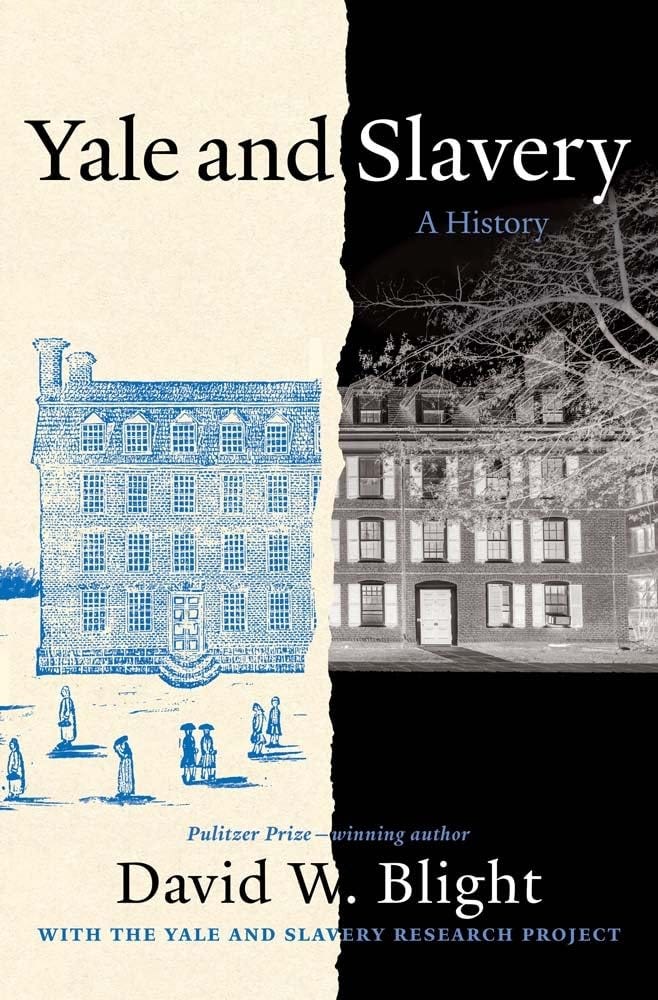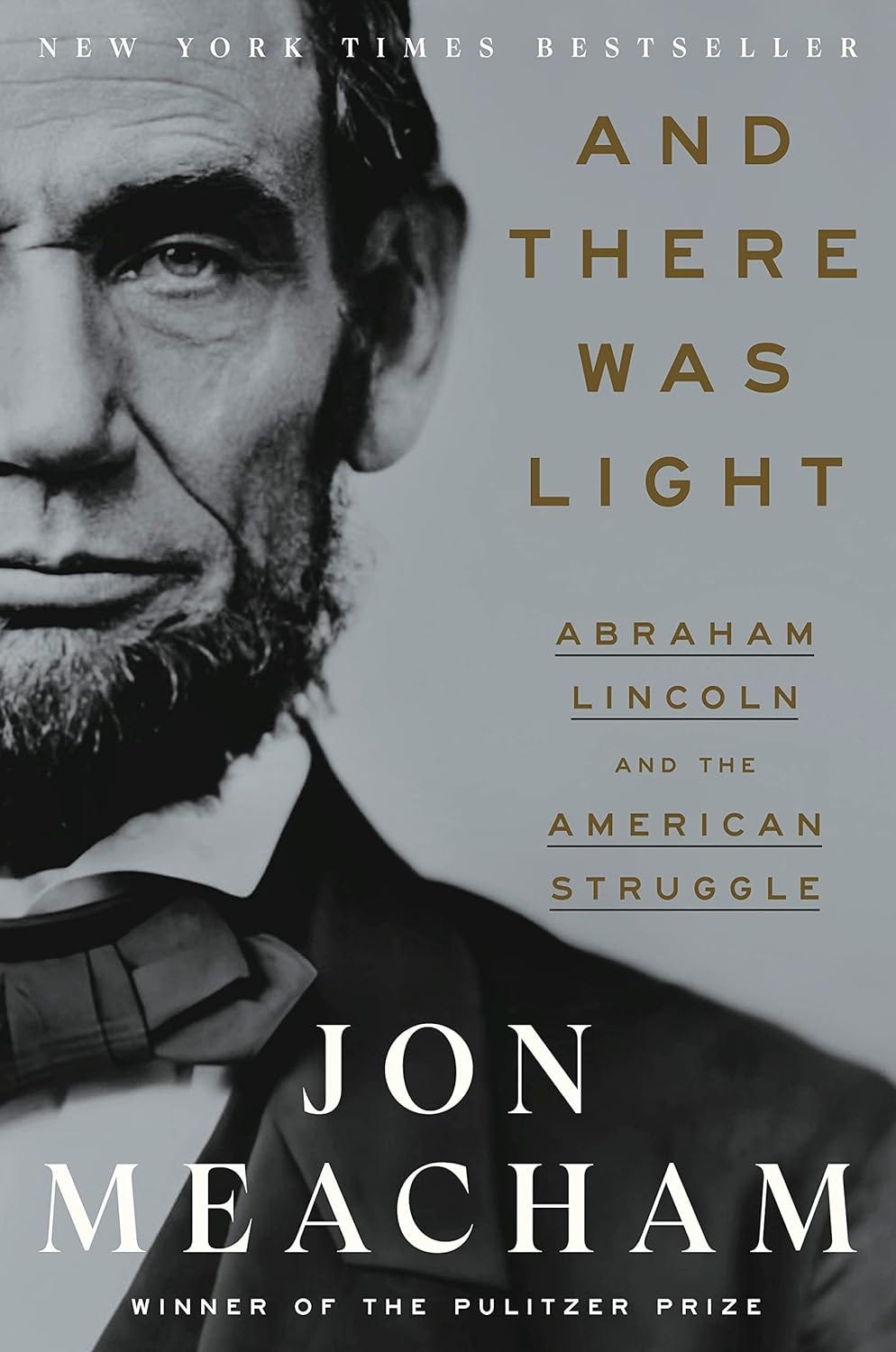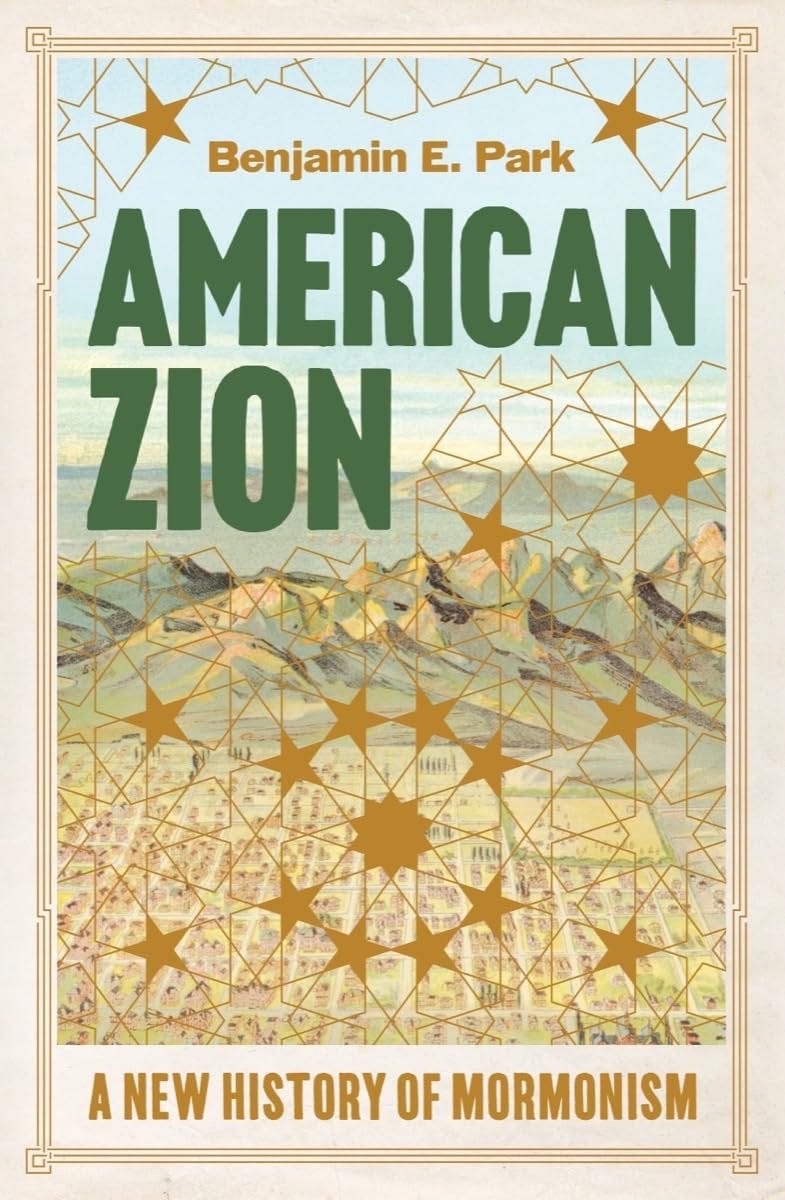Civil War Institute to Host Summer History Conference for High School Students
Do you have a high school student or know of one who is interested in the history of the Civil War era? This summer The Civil War Institute at Gettysburg College is hosting a five-day summer camp run by historian Peter Carmichael.
The Young Civil War Historians Conference offers high school students an opportunity to become their own historians. Participants will follow in the footsteps of a soldier who fought at Gettysburg through hands-on work with original archival documents. One of the highlights of the camp will be a trip to Washington featuring a visit to the National Archives to explore the official records of Civil War regiments.
This is a great opportunity for a young history enthusiast and one that will not only instill a live long love of learning, but perhaps even steer a young student into a career in history. There are a limited number of scholarships available that can help offset the cost, so don’t delay in applying and please share this information with anyone who you believe will benefit.
News
This past week, Yale University apologized for its connection to slavery. It also released a report detailing its complicated relationship to slavery authored by David Blight and the work of the Yale and Slavery Research Group. Here is a short excerpt from the book that focuses on the dedication of a memorial on campus to both graduates who fought for the United States and the Confederacy.
Thus, Yale in its official wisdom could not and would not create a memorial to Union victory nor to the end of slavery. All causes and consequences of a war that had freed 4 million people from bondage, slaughtered as many as 700,000 people, laid to waste large swaths of the South, saved and reinvented the American Constitution and nation, and made possible the freedom of the mind that a university celebrated in its very essence had to be dissolved into misty sentiments about unity and the strained image of “mingled dust.”
Such sentimental deception in the interest of national unity was widespread in both the South and the North at the time. Russell took his ideology straight from the Lost Cause manual of approved concepts. Slavery was a “cause” of the war, but not the reason it was fought.
Historian Jonathan White tells the story of Robert Smalls through the letters of Harriet Buss, who worked as a teacher in Beaufort, SC during the Civil War and Reconstruction.
There is movement in Mississippi to remove its two statues in the Capitol Building’s Statuary Hall that honor Confederate leaders. Other states have already done so. This will certainly be something to follow. There is also a call to remove a small painting in Mississippi’s state house that depicts two Confederate generals raising a Confederate flag.
The tide may have turned for a bill in Florida that would ban the removal of Confederate monuments. I guess this is what happens when one of the bill’s supporters openly acknowledges that the bill is an attempt to save white culture.
Charles Sallis passed away this week.
Until “Mississippi: Conflict & Change,” which Mr. Sallis wrote and edited with the sociologist James W. Loewen, was published in 1974, high school students in the state had been fed a pablum that omitted the horrors of slavery, lynching, the Ku Klux Klan and Jim Crow and largely skipped over the civil rights movement.
Mr. Sallis, a native of Mississippi, had grown up bathed in his state’s conventional racism. But he had long realized that most of what he had been taught was wrong: Slave owners were not benevolent, Reconstruction was not a tale of Black corruption, and white supremacy was not inevitable. He and Mr. Loewen set out to change the way young people in Mississippi thought about their state.
This is a fascinating story. If you want to learn more, I highly recommend Charles Eagles’s book Culture Wars: The Fight Over a Mississippi Textbook.
Books
David W. Blight, Yale and Slavery: A History (Yale University Press, 2024).
Jon Meacham, And There Was Light: Abraham Lincoln and the American Struggle (Random House, 2022).
Benjamin E. Park, American Zion: A New History of Mormonism (Liveright, 2024).
Videos
Members of the Naming Commission, who oversaw the removal of military assets that honor the Confederach and Confederate leaders recently got together to discuss their work.
Here is another installment of “Civil War Then & Now” from the American Battlefield Trust.
A new monument honoring Black United States soldiers was recently dedicated on the battlefield at Vicksburg.
Finally, here are a couple recent lectures from the Gettysburg National Military Park’s Winter Lecture series. These are always informative and entertaining.
Otis
It’s not always easy being Otis.










Sweet Otis, is that your very own couch? 🥰